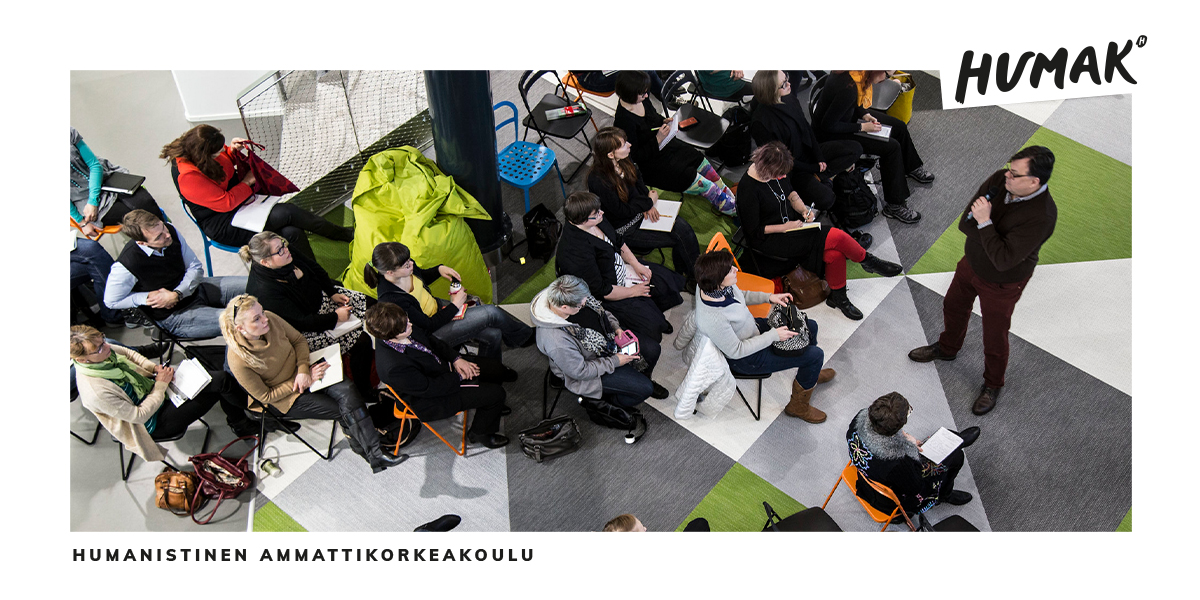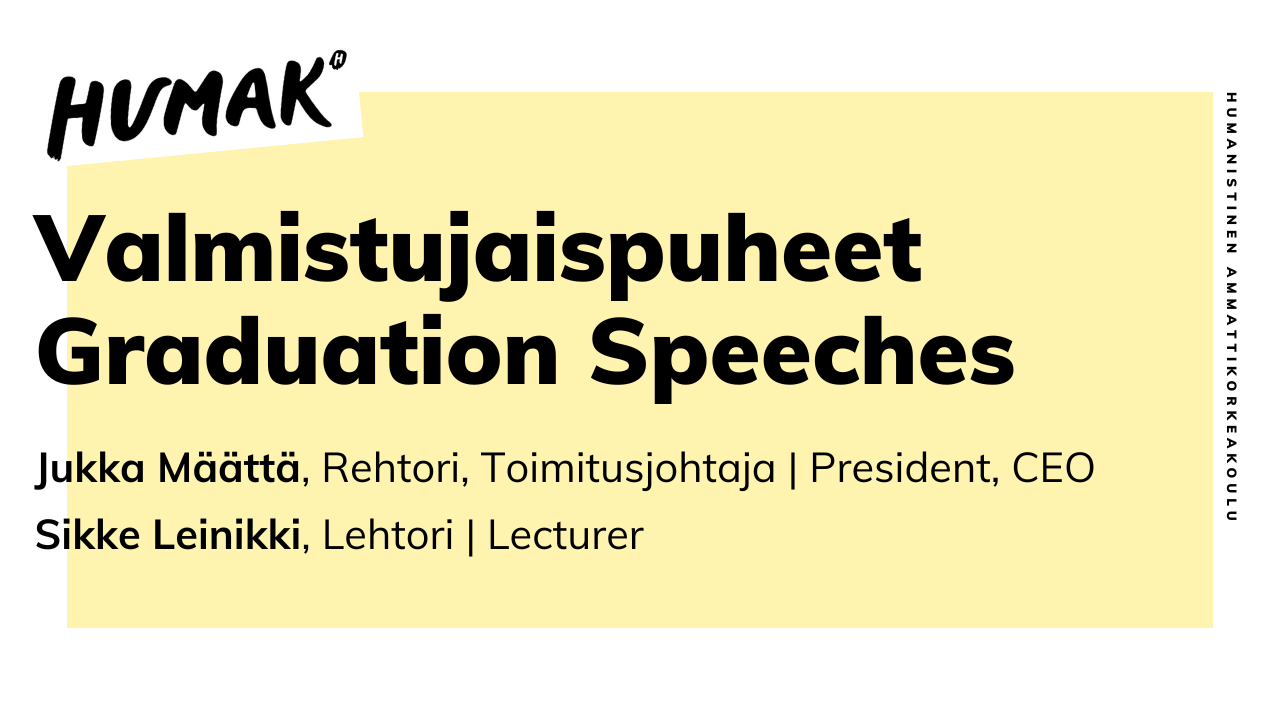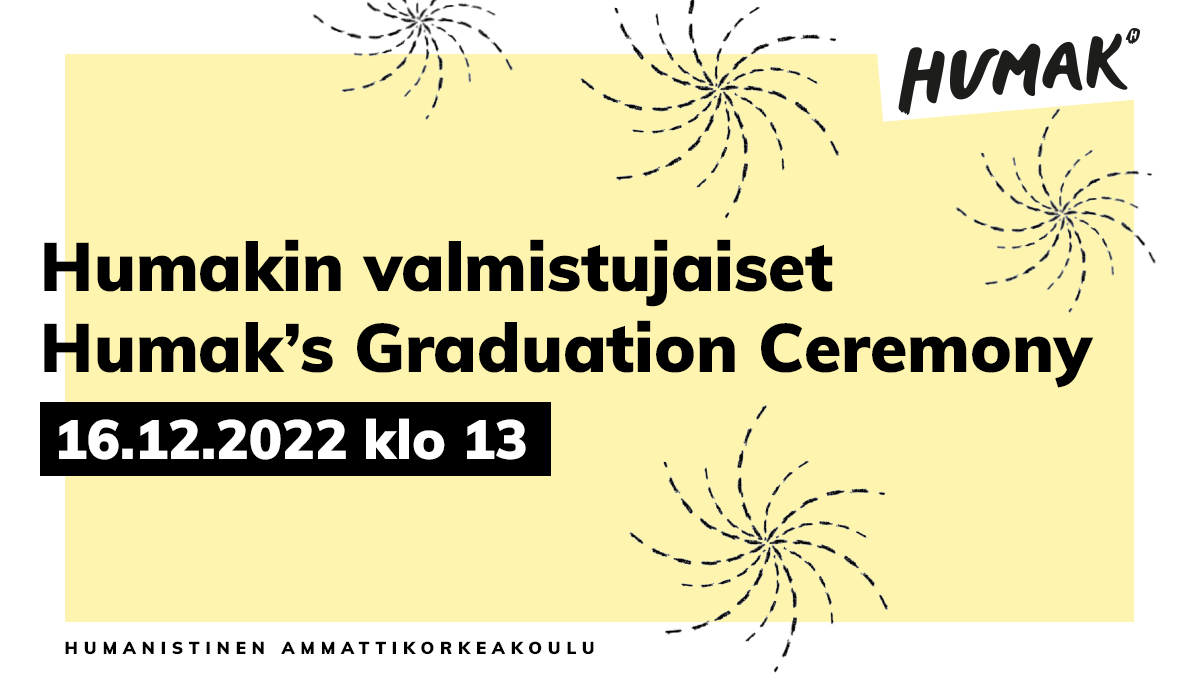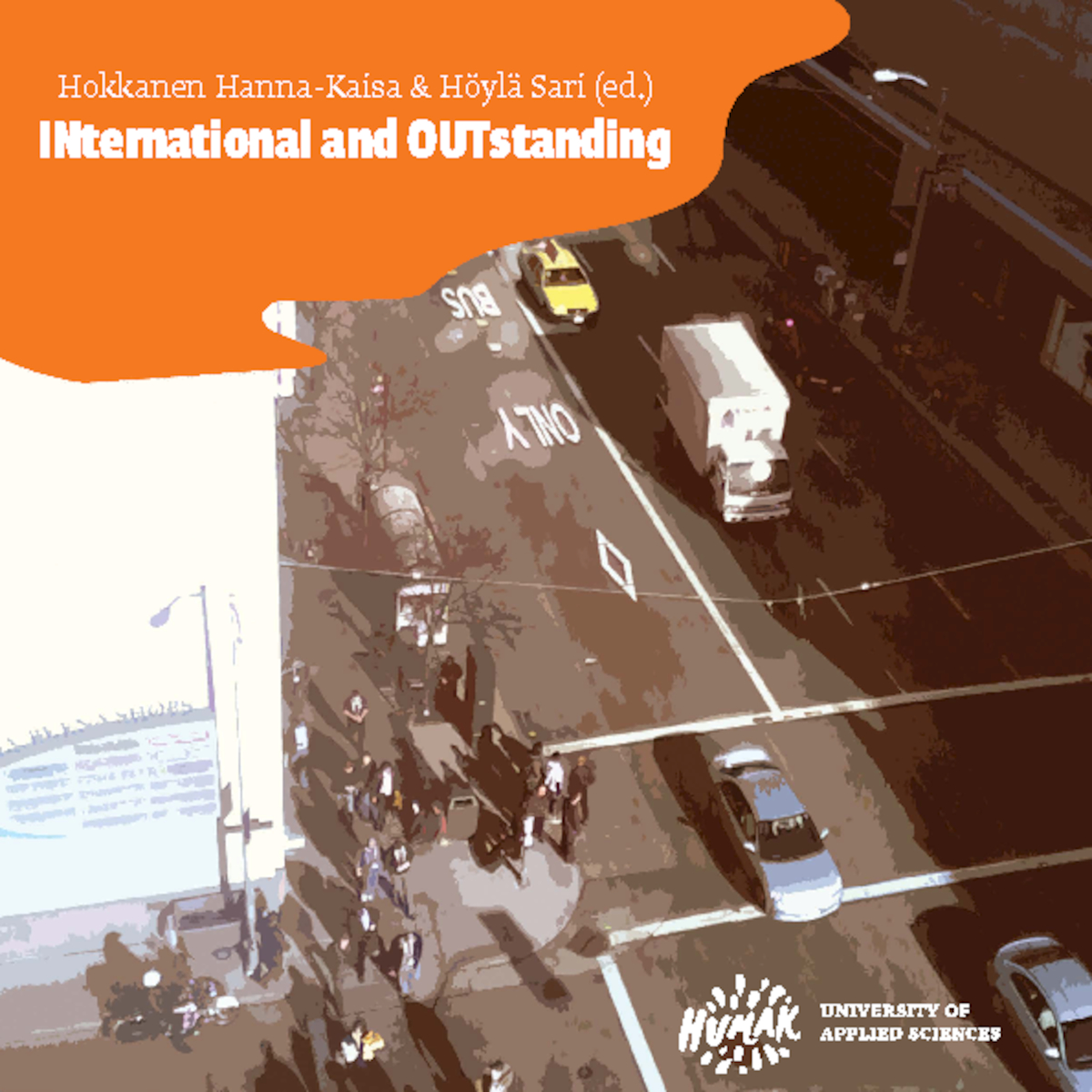Production and Project Competence

Production and project competence is another one of Humak’s cultural management key competence areas. The key competence development priorities in the near future are “culturally, socially and ecologically sustainable cultural management” and “new technologies and digital production environments”. The pandemic has forced societies and citizens to consider new ways of doing things. From the perspective of Humak’s cultural management, there is an increasing need for participatory, sustainable and developing producer competence in the context of rapidly changing operating environments.
Utilizing Management Competence in Various Fields
The strategic goal of the cultural management key competence is to strengthen the production and project expertise of the cultural sector based on the development of diverse environments for cultural and artistic productions and services. In addition, we want to promote the possibility for different industries to utilize professional producer know-how. Increasing social inclusion and utilizing national and international networks are also key objectives.
The two development priorities guiding research, development and innovation in particular in the coming years, are:
- Culturally, socially and ecologically sustainable cultural production
- New technologies and digital production environments.
The first of the priorities, sustainable cultural management, covers aspects related to inclusion and cultural rights, as well as development work related to the preservation of cultural heritage, cultural tourism and event production, as well as the environmental friendliness of creative economy products.
New technologies are changing the field of culture and the arts at an accelerating pace. The second priority the key competence development area are contents of artistic and cultural experiences, ways of producing content as well as ways of productization, financing, distribution and regulation of activities. Managing this change requires not only new innovations in cultural production, but also the critical evaluation and research development of new solutions and operating models, both nationally and internationally.
The Need for Cultural Management Expertise
There is a growing need in society to increase cultural management competence. Superficial teaching of these skills, for example within art education degrees, does not solve the problem of competence shortage. In a multidisciplinary operating environment, cultural management experts and professionals capable of design, production, marketing and management tasks are needed.
Humak’s cultural manager training and related development activities are already able to respond extensively to these needs, and it is foreseeable that the demand for the expertise offered by Humak will continue to grow in the future. Continuous learning products and services are also being developed in an innovative way and by actively utilizing new communication and training technologies.
Cultural managers who graduated in 2013-2018 (74% graduated in 2016 or earlier), 84% have been employed within six months and a total of 87% a year after graduation. 58% of cultural managers were employed during their studies.
Key Competence Product Families
The “product families” developed for key competences, through which the strategic work of the focus area manifests, can be divided into three entities, which are research, development and innovation (RDI), education and business.
RDI activities are planned by taking into account the previously mentioned priorities in the strategy for culturally, socially and ecologically sustainable cultural management, as well as digital production environments and new technologies. RDI work is carried out in accordance with the principles of research development and critical reflection of the results achieved.
Externally funded development projects are at the heart of RDI-based learning, both for student learning and for organizational development and continuous staff learning. The priorities of the competence peak presented above determine the content of the projects planned. In addition to project work, external funding enables participation in wider networks of experts and research.
RDI-based learning supports work-based projects and individual learning tasks developed by students in collaboration with background communities and organizations. As the number of diverse online studies increases, the whole key competence area of cultural management (Bachelor’s and Masters’) and the status of RDI work as part of the activities of higher education institutions will be strengthened.
RDI work is also inextricably linked to educational activities and the goals of lifelong learning. The key competences of cultural management include:
- developing diverse environments for cultural and artistic productions and services,
- making the knowledge-base of professional producers available to different industries,
- promoting management skills as inclusive activities; and
- networking both nationally and internationally.
One of the goals of this key competence area is to create an English-language degree with a focus on event and festival production. The degree will be part of the development of in-service training in English and training packages suitable for export.
At the forefront of productivity, competencies and various pathways leading to studies have already been developed and commercialized. Competence packages aimed at different target groups will be updated to serve continuous learning, in-service training needs and degree training needs.
The business of cultural management key competence area means paid commissioned training, expert lectures and facilitation services. In terms of business, the strengths of cultural management (Culturally, socially and ecologically sustainable cultural production; New technologies and digital production environments) work together by utilizing the product services of Humak’s creative industries business service Creve.
Strategic Partners and Central Networks
An extensive network supports our key competence areas. Active project and development work has helped to build not only short-term and fast-responding changes in the financial field, but also long-term partnerships, through which far-reaching measures have been articulated in terms of development goals. Much of the network has been formed through project activities, but the expansion of the student internship network has also played a role.
The affiliate network includes
- The municipalities in Humak’s areas of operation, and in particular their cultural activities and development companies,
- provincial associations,
- Arts Promotion Center as well
- The Ministry of Education and Culture, which has funded a number of measures specifically related to the accessibility of culture and the promotion of inclusion.
- Art and culture trade union Taku ry.
In the education sector, co-operation has taken place especially between universities of applied sciences offering cultural producer education (Metropolia, Seamk, Arcada). In the future, the aim is to develop university cooperation in particular. University cooperation also strengthens the expert training provided by Humak through substance management, it increases Humak’s credibility as a development partner and enables more natural access to large-scale international project funding.
Cooperation with the University of Jyväskylä’s new Cultures and Communities in a Changing World (KUMU) degree program is already beginning. Similarly, co-operation has been tentatively agreed with the University of Turku’s Degree Program in Cultural Production and Landscape Research. Negotiations with the University of the Arts Helsinki are also being opened.





